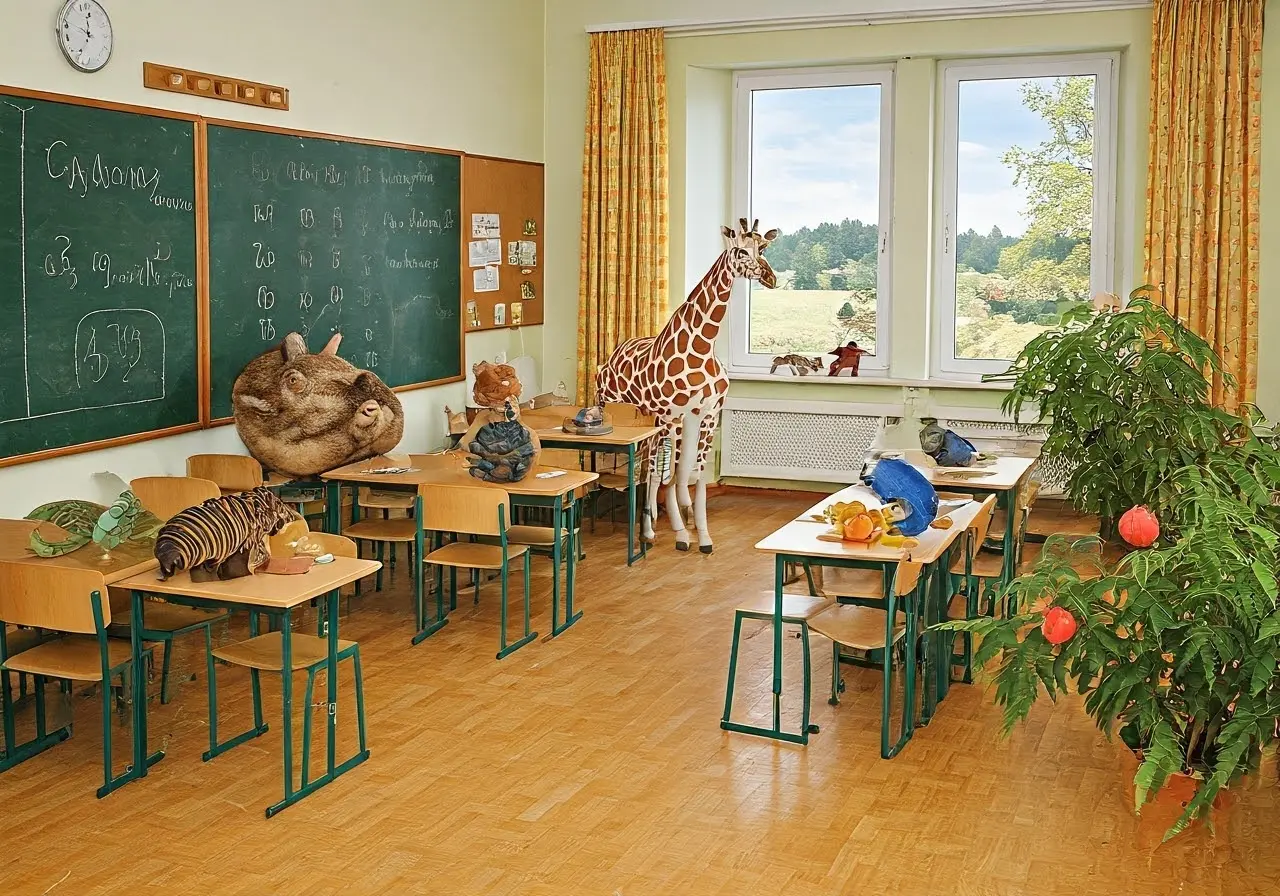In today’s fast-paced world, providing children with unique learning experiences can broaden their perspectives and enhance their education. Exotic animal visits offer an engaging way to learn beyond textbooks by fostering curiosity and empathy in kids. This blog explores how these experiences can enrich your child’s education in captivating ways.
The Educational Benefits of Animal Interaction
Exotic animal visits allow children to learn about biodiversity, habitats, and conservation in an immersive setting. They gain hands-on experience and a deeper understanding of wildlife beyond classroom textbooks.
The array of knowledge provided by such encounters cannot be overstated. Children witness the delicate interconnections within ecosystems firsthand, grasping concepts like food chains and symbiotic relationships through real-world examples. This kind of physical engagement brings the pages of their biology textbooks to life, leaving indelible impressions that nurture a deeper intellectual curiosity.
Moreover, observational skills are sharpened as students watch animals interact within carefully curated environments. These exchanges inspire questions, leading to a cycle of learning fueled by inquiry and discovery. Discussions provoked by these interactions often extend beyond the day of the visit, as children compare notes, share observations, and brainstorm answers that reflect the intricate web of life they have begun to comprehend through their senses.
Such visits often involve well-informed guides who play an instrumental role in instructing and inspiring young minds. With knowledge delivered through storytelling and fascinating facts, these educators add layers to the learning experience. They connect abstract concepts with tangible elements witnessed by children, offering an enriching dialogue that marries formal education with experiential learning.
Fostering Empathy and Compassion
Interacting with exotic animals can teach children to appreciate and respect all living creatures. These experiences cultivate empathy, as kids learn to understand animals’ needs and behaviors.
Empathy grows naturally out of the bonds that form when children observe and interact with animals. The act of caring for creatures—whether by feeding them or helping maintain their environment—develops a deeper connection and responsibility towards the living world. Such meaningful interactions reflect the importance of compassion and remind children that their actions can impact other lives.
For many young learners, empathy begins with something as simple as watching a tortoise slowly make its way around or listening to the songs of exotic birds. Each moment offers a window into the unique lives and patterns of creatures vastly different from us. This exposure helps children broaden their understanding, adjusting their expectations and considering the potential feelings and challenges faced by others, animal or human.
Awareness is another key outcome of these visits. Through carefully designed interactions, children observe behavioral cues and consider the varying requirements of different species. This awareness encourages them to advocate for animals, voice concerns for their well-being, and participate in conservation efforts, cultivating the compassion necessary for a harmonious coexistence with nature.
Instilling a Love for Nature and Science
Exotic animal interactions can spark a lifelong interest in science and the natural world. Children become more curious about animal behaviors and environmental issues, leading to a passion for learning.
When children witness the intricacies of the natural world up close, it ignites a spark of wonder that fuels scientific curiosity. Encountering exotic species offers a tangible introduction to biology that captivates young minds and emphasizes the fascination that the discipline holds. Observing remarkable feats, like the athletic leaps of primates or the vibrant displays of peacocks, encourages students to ask deeper questions about adaptation, evolution, and ecology.
Creating Memorable Experiences
The excitement of seeing and touching exotic animals creates a lasting impression. These memorable experiences can inspire children and reinforce learning in fun, tangible ways.
Memories formed during exotic animal visits are not just fleeting moments; they are captivating stories that children eagerly recount to family and friends. Each visit is an opportunity to broaden their horizons and instills a sense of adventure and discovery, which becomes an intrinsic part of their educational narrative. The magic of these interactions lies in their ability to transcend the ordinary and lodge themselves firmly in the realm of cherished memories, serving as motivational milestones in children’s lives.
Such visceral experiences of touching a slithering snake or engaging with a curious meerkat can dispel fears and encourage a fearless approach to the unknown. By associating learning with fun and adventure, exotic animal visits shape children’s educational journeys, enhancing their capacity to absorb and retain information.
Safety and Ethical Considerations
When planning an exotic animal visit, it’s important to ensure that the experience is safe and ethical. Choosing reputable sanctuaries and learning centers helps protect both children and animals.
The valorization of safety and ethics in all educational encounters with animals cannot be overemphasized. Parents and educators should collaborate to research and select facilities that prioritize well-being and sustainability, ensuring that animal interactions are conducted responsibly. Awareness of global conservation efforts and avoiding venues that profit at the expense of animal dignity underline the moral lessons taught by such visits.
An educational program’s alignment with ethical standards models respect for nature and sets a precedent for compassionate behavior. Through the conscientious selection of venues and activities, children learn that respect includes preserving natural habitats, advocating against exploitation, and fostering environmental stewardship that continues beyond the visit itself. These principles frame their worldview and guide their future interactions with the environment.
The Lasting Impact of Exotic Animal Visits
Incorporating exotic animal visits into your child’s educational journey can be an enriching experience that goes beyond academic learning. It opens a window to the natural world, fostering compassion, curiosity, and a lifelong love for animals. By facilitating these interactions, parents and educators can offer children a holistic education that nurtures both intellect and empathy.





